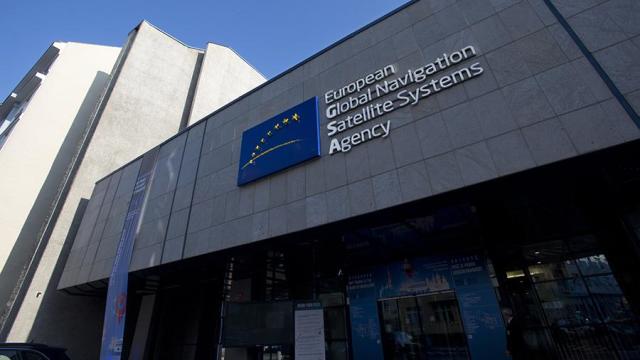The launch of two European Galileo navigation satellites is scheduled for the first quarter of 2022. To do this, instead of the European Arian 6 rocket, the Russian Soyuz-ST launch vehicle will be used. This was announced on Sunday, March 14, RIA Novosti reports, citing a source in the rocket and space industry.
"The second launch of two Galileo satellites from the Guiana Space Center (Kourou cosmodrome — Ed.) has now also been transferred from the Ariane 6 rocket to the Soyuz-ST and is planned, tentatively, in March 2022," the agency's interlocutor said.
In September 2017, a contract was signed to launch four Galileo vehicles with two Ariane 6 rockets between the end of 2020 and mid-2021. The treaty provided for the use of Soyuz missiles as a fallback option.
The first of the two launches, due to the delay in the launch of Ariane 6, was also postponed to Soyuz, the second launch is scheduled for September 2021.
On July 14, 2019, the European global navigation satellite system Galileo failed. Presumably, the system failure occurred due to problems with the exact time complex of the Galileo system in Italy.
Galileo is one of several existing global navigation satellite systems in the world. Its orbital constellation includes 26 satellites, of which 22 are operating, and four are temporarily not functioning for their intended purpose. Also, global navigation services are provided by the Russian GLONASS, the American GPS and the Chinese Beidou.

